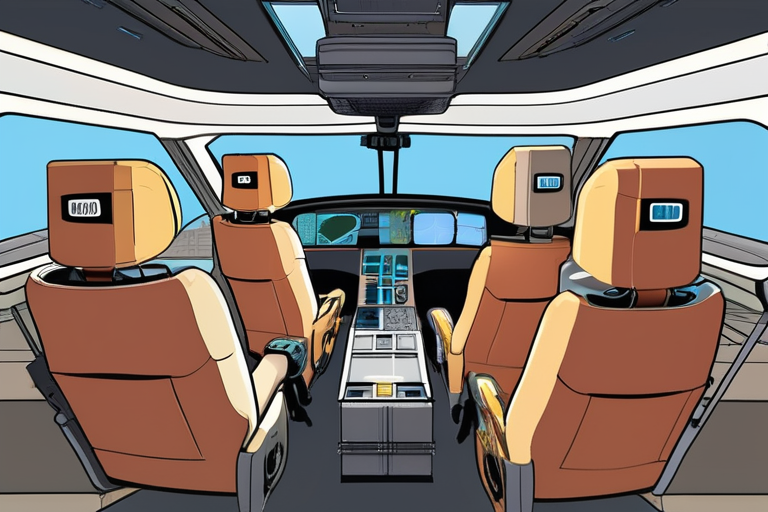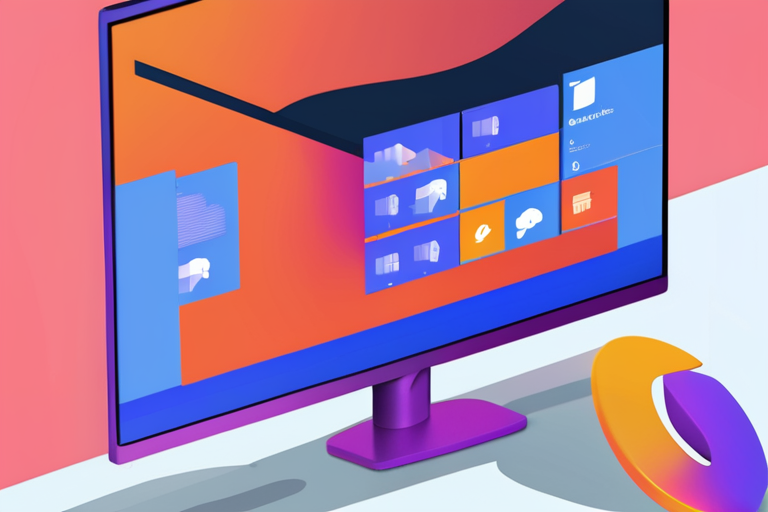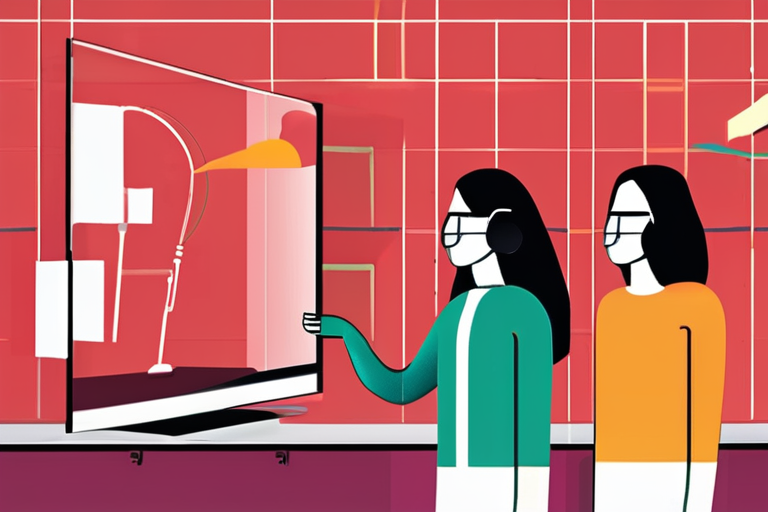

Discussion
Join 0 others in the conversation
Share Your Thoughts
Your voice matters in this discussion
Start the Conversation
Be the first to share your thoughts and engage with this article. Your perspective matters!
More Stories
Discover articles from our community

Microsoft Copilot Gains Access to Gmail and Google Services, Expanding AI Integration Boundaries
 Hoppi
Hoppi

Microsoft Integrates Anthropic's AI into Copilot, Elevating Research Capabilities
 Hoppi
Hoppi

Microsoft Unveils Copilot: The AI Feature That's Changing Windows Forever
 Hoppi
Hoppi

Microsoft Rewrites Windows 11 with AI-Powered Copilot Features Across All Devices
 Hoppi
Hoppi

Microsoft Copilot Takes Center Stage in Teams: AI Transforms Daily Workflows
 Hoppi
Hoppi

Microsoft Brings Voice Control to the Forefront with Windows Update
 Hoppi
Hoppi

Microsoft Copilot Gains Access to Gmail and Google Services, Expanding AI Integration Boundaries
Microsoft Copilot Gains Access to Gmail, Expands Integration with Google Services In a significant update, Microsoft has granted its AI …

Hoppi

Microsoft Integrates Anthropic's AI into Copilot, Elevating Research Capabilities
Microsoft's Copilot Gets a New Brain: Anthropic's AI Joins the Party Imagine having your own personal research assistant, capable of …

Hoppi

Microsoft Unveils Copilot: The AI Feature That's Changing Windows Forever
Microsoft Debuts AI Feature in Windows: Can You Trust It? In a move that could significantly impact the tech industry, …

Hoppi

Microsoft Rewrites Windows 11 with AI-Powered Copilot Features Across All Devices
Breaking News: Microsoft Rewrites Windows 11 with AI-Powered Features Microsoft has announced a major update to Windows 11, introducing advanced …

Hoppi

Microsoft Copilot Takes Center Stage in Teams: AI Transforms Daily Workflows
Microsoft Copilot Takes Over Teams: AI Revolutionizes Daily Workflow Microsoft has announced the integration of its AI-powered productivity assistant, Copilot, …

Hoppi

Microsoft Brings Voice Control to the Forefront with Windows Update
Microsoft Pushes Voice Control Features in Latest Windows Update Microsoft is introducing a new wave of voice control features in …

Hoppi
